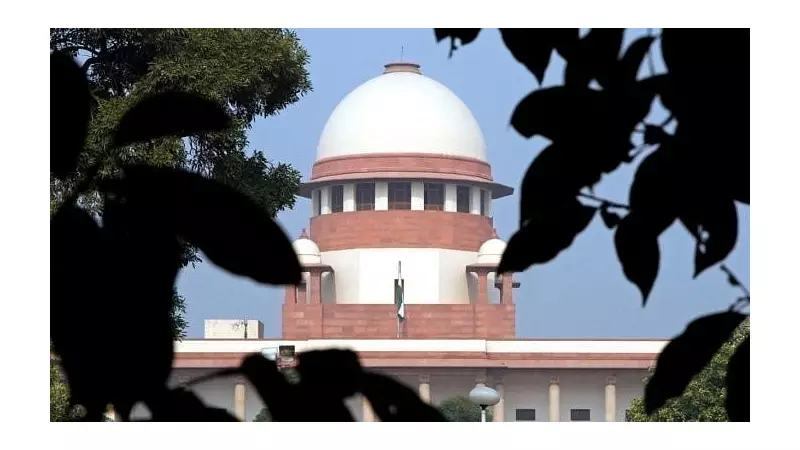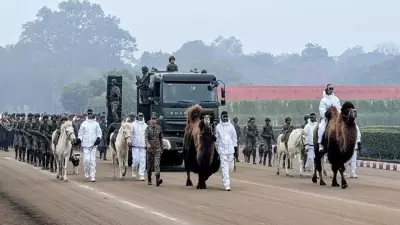
Supreme Court Takes Up Challenge Against Rajasthan's Anti-Conversion Legislation
The Supreme Court of India has formally issued a notice to the Rajasthan government regarding a petition that contests the constitutional validity of the state's anti-conversion laws. This legal development occurred on November 17, 2025, marking a significant step in the ongoing national debate about religious freedom and conversion regulations.
Legal Proceedings and Similar Cases
During the hearing, the apex court made a crucial observation that multiple petitions raising similar legal questions about anti-conversion laws are already pending before it. This indicates that the challenge against Rajasthan's legislation will likely be considered alongside other comparable cases from different states.
The bench hearing the matter pointed out that the fundamental legal issues surrounding anti-conversion laws require comprehensive examination. This approach suggests the court may be considering a broader interpretation of the constitutional principles involved rather than addressing each state's law separately.
Context and Implications
Rajasthan's anti-conversion law, formally known as the Rajasthan Freedom of Religion Act, has been a subject of legal and social controversy since its enactment. The legislation requires individuals seeking to convert to another religion to provide prior notice to district authorities, and it contains provisions aimed at preventing conversions through what it describes as "force, fraud, or inducement."
Proponents argue these laws protect vulnerable communities from forced conversions, while critics contend they violate fundamental rights to religious freedom and privacy. The Supreme Court's intervention comes at a time when several Indian states have implemented similar legislation, creating a patchwork of regulations across the country.
The court's decision to examine these laws collectively could lead to a landmark judgment that establishes uniform standards for religious conversion regulations nationwide. Legal experts anticipate that the outcome will have far-reaching consequences for how states balance religious freedom with the prevention of alleged forced conversions.
As the case moves forward, all eyes will be on the Supreme Court's constitutional bench, which is expected to address the core questions about the intersection of religious rights and state regulation. The Rajasthan government now has time to prepare its response to the court's notice before the next hearing.





